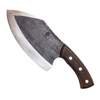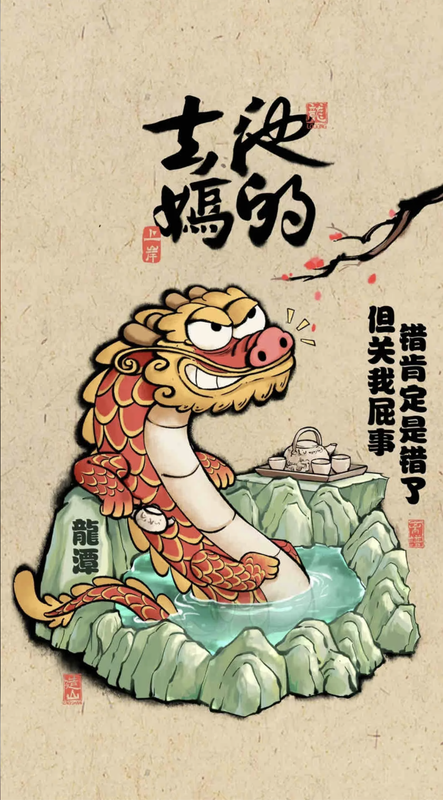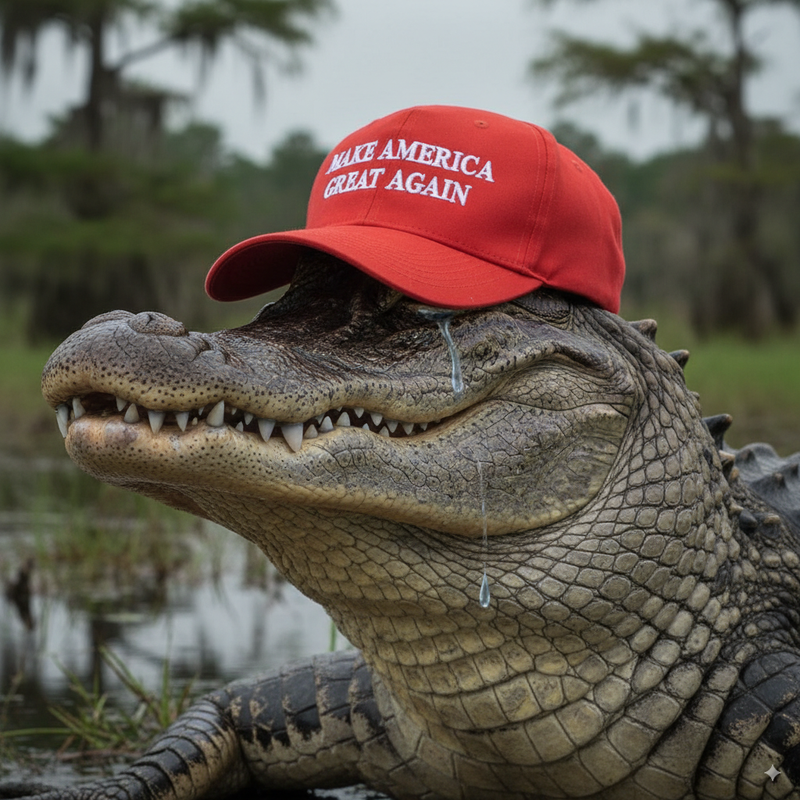有个鬼的法律规定啊。只要是稳定基因的,就有可能在自然界自长。他有什么证据证明这个不是自然界自长的啊
逢中必反,猕猴桃也不能放过
版主: kazaawang, wh
-
CanGuanGong(专门调戏小粉红)

- 论坛支柱

CanGuanGong 的博客 - 帖子互动: 393
- 帖子: 8892
- 注册时间: 2022年 7月 23日 18:05
#25 Re: 逢中必反,猕猴桃也不能放过
原名中国鹅梅?
及昭宗被轼,携其族往依王审知,终身不食梁䘵。捐馆日,留一箧缄鐍甚密。家人意为珍玩,发之,唯得烧残龙凤烛百余条。盖在翰林日,昭宗夜对金銮,宫人秉烛以送。偓悉藏之,识不忘也。偓富才情,词致婉丽,幼喜闺阁诗。后遭国祸,出语依于节义,得诗人之正焉。
#29 Re: 逢中必反,猕猴桃也不能放过
叫做Chinese醋栗,拿他们熟悉的醋栗来套猕猴桃来了
拿猕猴桃籽直接种不扦插应该也可以吧
上次由 mondy 在 2025年 6月 23日 22:28 修改。
#32 Re: 逢中必反,猕猴桃也不能放过
为什么名字过不了食品安检?安检是检查食物还是名字?wh 写了: 2025年 6月 23日 13:54 Wiki说这个传言不对,事实是因为美国销售商怕gooseberry这个名字过不了食品安检而改名:
https://en.wikipedia.org/wiki/Kiwifruit
The first known reference to the name Chinese gooseberry comes from 1917 in New Zealand, but it is likely that the name was in use before this time. By the 1920s, Chinese gooseberry became the standard name for the fruit in English until the 1950s...
In 1959, Turners & Growers, a major New Zealand exporter, began calling it "kiwifruit" after being advised by a United States client, Norman Sondag, that products with the name gooseberry may have been having difficulty passing through quarantine. Sondag believed that quarantine officials were more suspicious of European gooseberries and other berry shipments, due to fears that berries that were grown closer to the ground could come into contact with soil contaminated with anthrax-causing Bacillus anthracis, something that was not an issue with kiwifruit. The name kiwifruit was coined by Jack Turner of Turners & Growers, referencing kiwi, an informal name used to describe New Zealanders, which Turner felt that United States servicemen stationed in the Pacific during World War II would have fond associations with. The name was first registered by Turners & Growers on 15 June 1959, and by 1970, all exports from New Zealand used the name kiwifruit.
Numerous myths are associated with the naming of kiwifruit, including that it is a reference to New Zealand's furry, brown, national bird – the kiwi, or that the name Chinese gooseberry was replaced in response to Anti-Chinese sentiment in the United States.
#33 Re: 逢中必反,猕猴桃也不能放过
后面那段英语里解释了:
Sondag believed that quarantine officials were more suspicious of European gooseberries and other berry shipments, due to fears that berries that were grown closer to the ground could come into contact with soil contaminated with anthrax-causing Bacillus anthracis, something that was not an issue with kiwifruit.
-
VladPutin(清风不识字何故乱翻书)楼主

- 论坛元老

VladPutin 的博客 - 帖子互动: 1694
- 帖子: 14452
- 注册时间: 2022年 7月 24日 11:12
#35 Re: 逢中必反,猕猴桃也不能放过
枣树是最贱的树,根系发达到处乱爬长大拆房子。
x1


蒙古国有愚豕浮阳外越,便结不通,频下清个痢虚之气。虽屡试开赛露之剂,终无寸效。遂引诣兽医师诊之。医者摩其腹良久,谓主人曰:"咄!此蠢物腹中空若悬磬,纵投万斛通肠开赛之剂,犹决涸泽而求鲋也,岂有济哉?"

#41 Re: 逢中必反,猕猴桃也不能放过
那还是说明他们不是检查猕猴桃有没有被污染,而是根据名字来怀疑可能被污染。如果是欧洲goosberries有问题,那么凭什么判断Chinese gooseberries也有问题呢?wh 写了: 2025年 6月 23日 22:34 后面那段英语里解释了:
Sondag believed that quarantine officials were more suspicious of European gooseberries and other berry shipments, due to fears that berries that were grown closer to the ground could come into contact with soil contaminated with anthrax-causing Bacillus anthracis, something that was not an issue with kiwifruit.





